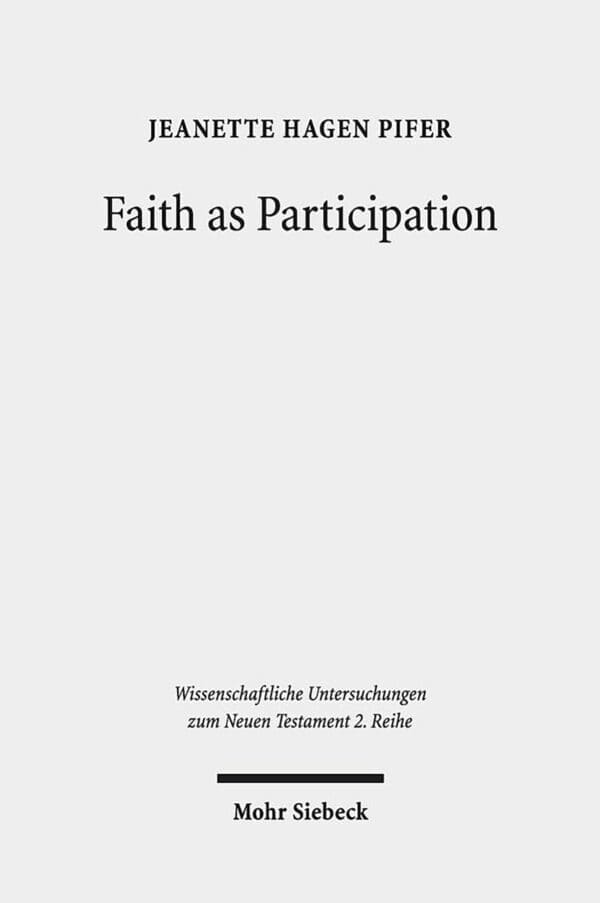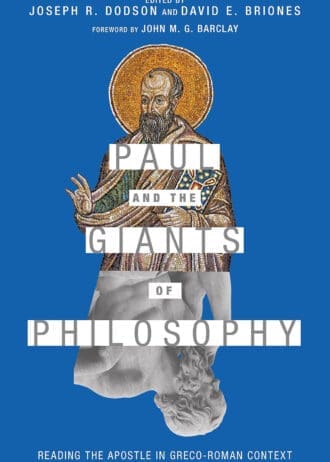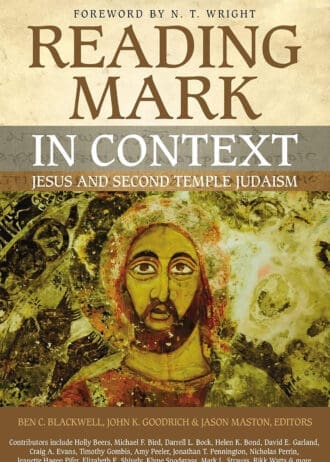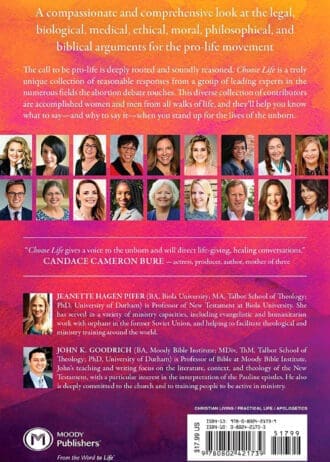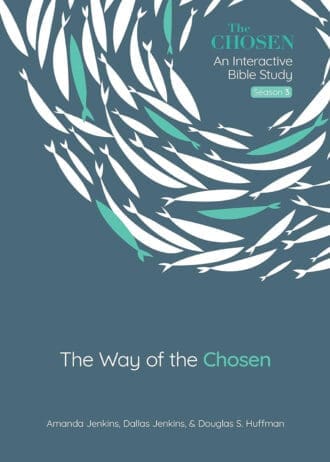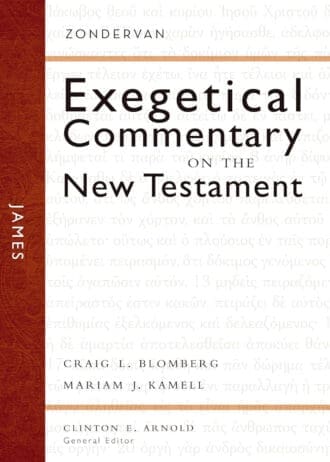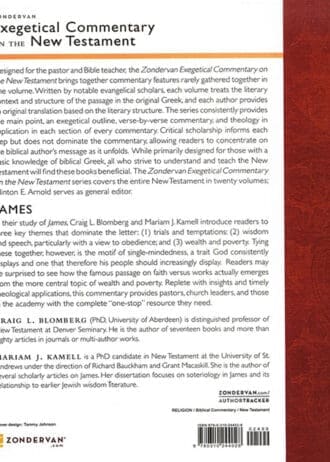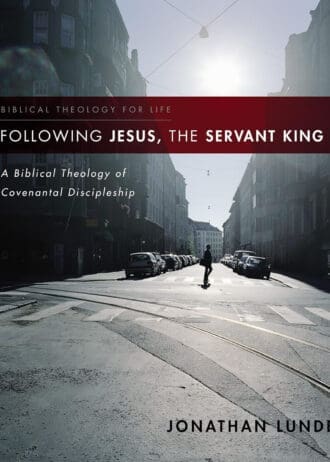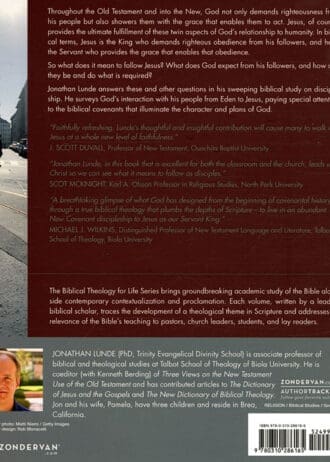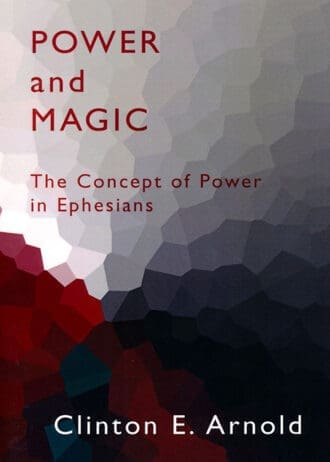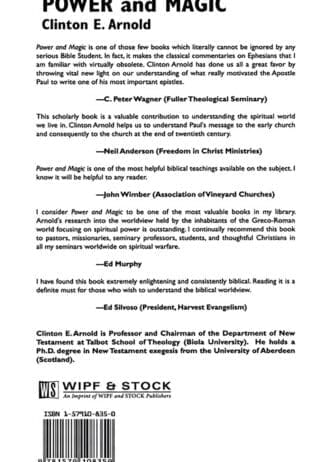In recent years, three particular debates have risen to the fore of Pauline Studies: the question of the centre of Pauline theology, how to interpret the mula, and the relationship between divine and human agency. In the present study, Jeanette Hagen Pifer contends that several of the apparent conundrums in recent Pauline scholarship turn out to derive from an inadequate understanding of what Paul means by faith. By first exploring the question of what Paul means by faith outside of the classic justification passages in Romans and Galatians, she reveals faith as an active and productive mode of human existence. Yet this existence is not a form of human self-achievement. On the contrary, faith is precisely the denial of self-effort and a dependence upon the prior gracious work of Christ. In this way, faith is self-negating and self-involving participation in the Christ-event.
Paul and the Giants of Philosophy: Reading the Apostle in Greco-Roman Context
What forces shaped the intellectual world of the apostle Paul? How familiar was he with the great philosophers of his age, and to what extent was he influenced by them? When he quoted Greco-Roman sources, what was his aim? Pauline scholars wrestle with such questions in journal articles and technical monographs, but now Paul and the Giants of Philosophy brings the conversation into the college classroom and the church. Each essay addresses Paul’s interaction with Greco-Roman philosophical thinking on a particular topic, such as faith, slavery, gift-giving, and the afterlife. And each chapter includes discussion questions and reading lists to help readers engage the material further. Dodson and Briones have gathered contributors with diverse views from various traditions who are united in the desire to make Paul’s engagement with ancient philosophy accessible to many readers.

